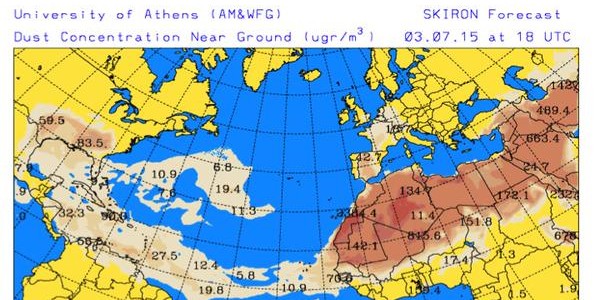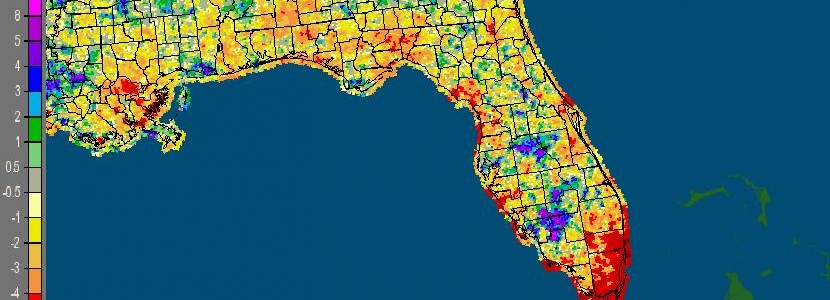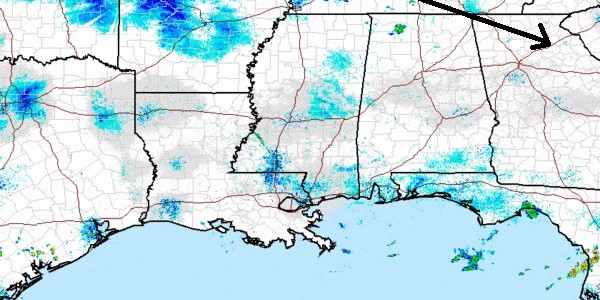July 2015
-

June 2015 ended up quite a bit warmer than normal across the state, but precipitation was variable. Some areas received well above normal rainfall, but others areas missed the beneficial rains and experienced increasing drought. In Atlanta, the monthly average temperature was 79.6 degrees F (2.3 degrees above normal), in Athens 80.4 degrees (2.9 degrees…
-

Although a lot of the pollution that plagues the Southeast comes from local sources, we also get imports from other locations. This week smoke from forest fires as far away as Alaska are blowing into the Lower 48 states. The recent record-setting warm conditions have increased the length of the fire season there by up…
-

The New York Times noted in a story earlier this week that sometime later this summer, a United jet will fly from Los Angeles to San Francisco using biofuel from farm waste and oils derived from animal fats. This is a first step by the airlines to convert more of their fleet to lower-carbon alternatives than…
-

The Florida Climate Center has released their monthly summary for June 2015. You can find it at https://climatecenter.fsu.edu/products-services/summaries/climate-summary-for-florida-june-2015.
Posted in: Climate summaries -

As expected, the tropical Atlantic Ocean has been quiet this hurricane season so far, due primarily to the influence of wind shear associated with the El Nino that is present in the Eastern Pacific Ocean. On the other hand, the warm ocean water in the Eastern Pacific Ocean is contributing to an active season there.…
-

You can read the latest summary of climate information for June for North Carolina at http://nc-climate.ncsu.edu/climateblog?id=140&h=5666e5c1.
Posted in: Climate summaries -

In the summer it is not unusual to see organized systems of thunderstorms move into the Southeast from the southern Plains. They often form at night and continue moving to the east or southeast during the next day. One came into the Southeast yesterday, and another is approaching our area today. But what are they?…
Posted in: Climate science